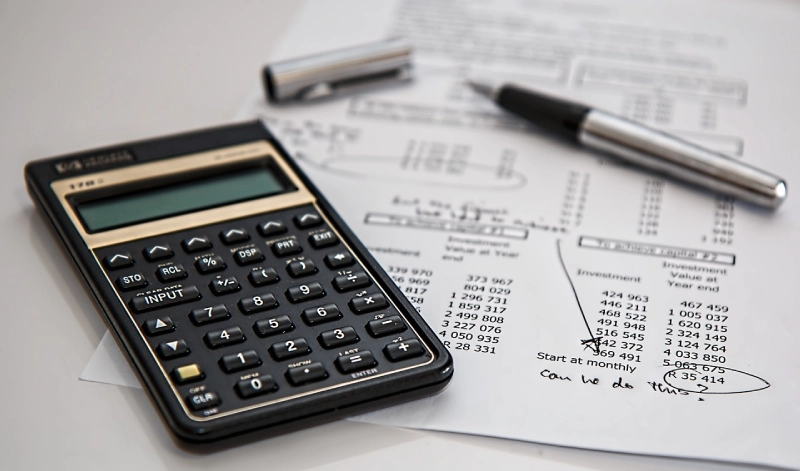
Home → Postponed VAT Accounting: Changes related to importing goods after Brexit
UK-registered companies that were involved in importing goods have started a new system called VAT deferral. It was introduced on January 1, 2021. This is the result of a major change, which was the exit of the UK from the European Union. In the broadest terms, PVA is the way VAT is calculated after Brexit.
Before the end of the transition period on December 31, 2020, a special trade agreement was concluded between the UK and the European Union. However, the deferred VAT system was to be introduced regardless of whether the agreement had been signed.
The current rules make it so that VAT and customs duties should be paid (or deferred using a deferral account) before the goods hit the market. There is a transition period between the payment of VAT and the next tax refund.
Postponed VAT accounting allows for immediate tax refunds on imported goods. This saves considerable time. It allows VAT to be booked on the VAT return instead of paying immediately at the border. To take advantage of the VAT refund, a company should be the owner of the goods and the importer. This should be shown on a special EORI document. From January 1, 2021, registered businesses subject to tax in the UK will have the option to settle VAT on imported goods for themselves instead of paying VAT at the border. This is intended to minimize unnecessary cash flow.

If you want to take advantage of the deferred VAT settlement, you will need to fill in a few relevant fields in your customs declaration as well as your VAT return. In the customs declaration, you’ll need to provide your EORI number, which should start with either GB for companies registered in the UK or XI for companies that are registered in Northern Ireland. You will also need to provide the UK VAT tax identification number (VRN). In field 47, you need to enter the code that determines the method of payment. To take advantage of the VAT deferral in this field, you need to enter the letter “G.” This way, the customs office will not detain your goods, but you must expect that import VAT will be charged at a later date. There are three boxes on the regular VAT return that you should pay particular attention to. There are three boxes:
If you do not use deferred accounting and do not pay tax on imports right away, Filling out Boxes 4 and 7 is sufficient in this case.
Due to the complexity of customs declarations, you can use the help of specialists to help you comprehensively fill out the declaration. It is very easy to make a mistake here, which can have serious consequences. OTSBROKER can assist you with this difficult task.This is important because filling it out incorrectly can result in you being charged import VAT. You should ensure that you keep your VAT return records for at least six years.